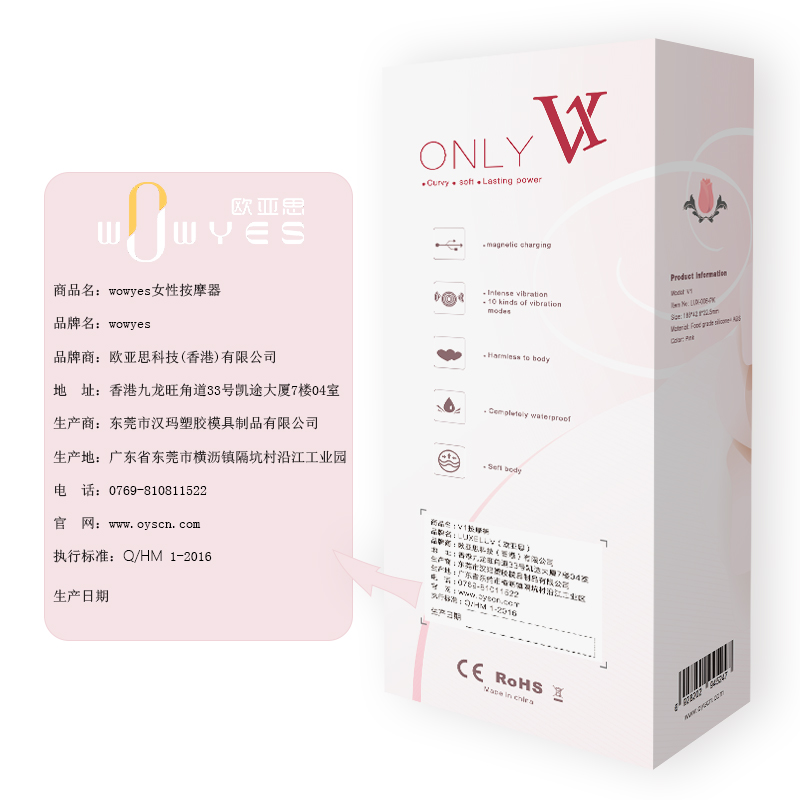Many Malaysians cannot tell the difference between real and fake stories - sex ring
by:KISSTOY
2020-01-20

CYBERJAYA: S.
Sumita scored 10 points in the PT3 exam.
Then a jealous student opponent asked her boyfriend to tie her to a pile of bricks and throw her into the river.
It was a great story and photo about a happy girl with her family and her body was fished out of the river.
There's only one problem-it's not true.
The only truth in the whole story is that Sumita's score is direct.
The rest is fake.
No student competitor, the body recovered from the river was an incident involving an African man in Indonesia.
However, many people believe the original fake post and pass it on without asking questions.
Welcome to the world of fake news. The 15-year-
When her family began to receive a series of phone calls from relatives and friends to mourn her alleged death, she was very alive.
"This is a big problem.
My mother was shocked. my father was shocked.
"We don't know who will do something like this," she said . ". The tech-
Savvy teenagers have seen the viral information before, but she never thought she would be the subject of it.
"I don't know what to think," she said . "
According to the Malaysian Media and Media Commission, most Malaysians are now getting news from social media, but many still cannot distinguish between true and false news (MCMC).
This year, MCMC held media literacy classes for about 900,000 people at 700 Malaysian internet centres (PI1M)
They were presented with false stories about MH370, celebrity news and the US presidential election.
The agency was shocked to find that most people were unable to tell the difference between true or false stories. “The (fake)
The site isn't even as complicated as the US, but as long as it reads like something in the newspaper, they don't tell the difference, says Eneng Faridah Iskandar, senior director of publicity and outreach at MCMC.
"People start to be smart (to fake news)
However, this will not happen without a focused education program.
Our users and penetration rate is high, but we are still not the media.
Eneng Faridah said his department mainly engaged rural Internet users in how to identify legitimate sources online.
This is particularly worrying, as digital news reports from the Reuters 2016 Institute show that 69% of Malaysians get news from social media.
We are the second largest social media news consumer in the Asia-Pacific region after Hong Kong.
Malaysia is one of the region's highest internet and social media penetration rates, MCMC said, but getting information from one source could put Malaysians at higher risk of misinformation.
A study by the University of Washington found that people who consume social media news may be trapped in the echo room, because sites like Facebook tend to provide users with news reading similar to what they have before.
It says this may limit the variety of opinions and insights on the issue.
What is even more shocking is a study by Stanford University's Graduate School of Education found that what is shocking is that, 80% of people with a primary school or higher degree cannot judge whether the content on their social media news feed is a legitimate news, sponsored content or print
Made up.
The situation in Malaysia is no different, and MCMC said government agencies must actively resist false stories spread on social media, mainly Facebook and WhatsApp.
While the response to fake news is not as extreme as the shooting in Washington, D. C. , because a scam claimed Hillary Clinton was running a child sex ring at a pizzeria there, eneng Faridah is concerned that this will further aggravate the extremist sentiment in Malaysia.
"We 've made nine suicide bombers who have been affected by what they see on Facebook," she told the Star . ".
She talks about how another Facebook scam has been distorted into a religious dispute, which some claim has tainted resorts for other believers.
There are claims in Malaysia that new banknotes will increase road taxes, EPF will block withdrawals, and there will be power outages nationwide in December 18, among other things, article 233 of the MCMC Act allows the Commission to impose a fine on those who disseminate false information, up to a maximum of yuan, and to imprison them for one year, but since 2010 only four have been
Two of these cases involved deputy PKR. president R.
Sivarasa and artist Fahmi Reza.
Although 5,044 websites have been blocked this year, Eneng Faridah claims that none of these blockades are due to false information.
Considering that most viral pranks are either healthy, religious or criminal --
She said that the Commission had no authority to verify or reject social media news;
Compare it to sending MCMC to check if a piece of chocolate is halal.
She said it was the responsibility of the relevant government agencies.
MCMC is more interested in educating users to make their own decisions.
"We don't want to be a clearing house for the Internet.
People who consume the news also have a role in the subsequent action, "Eneng Faridah said.
Related stories: Psychologists: people who share unconfirmed information lack self






